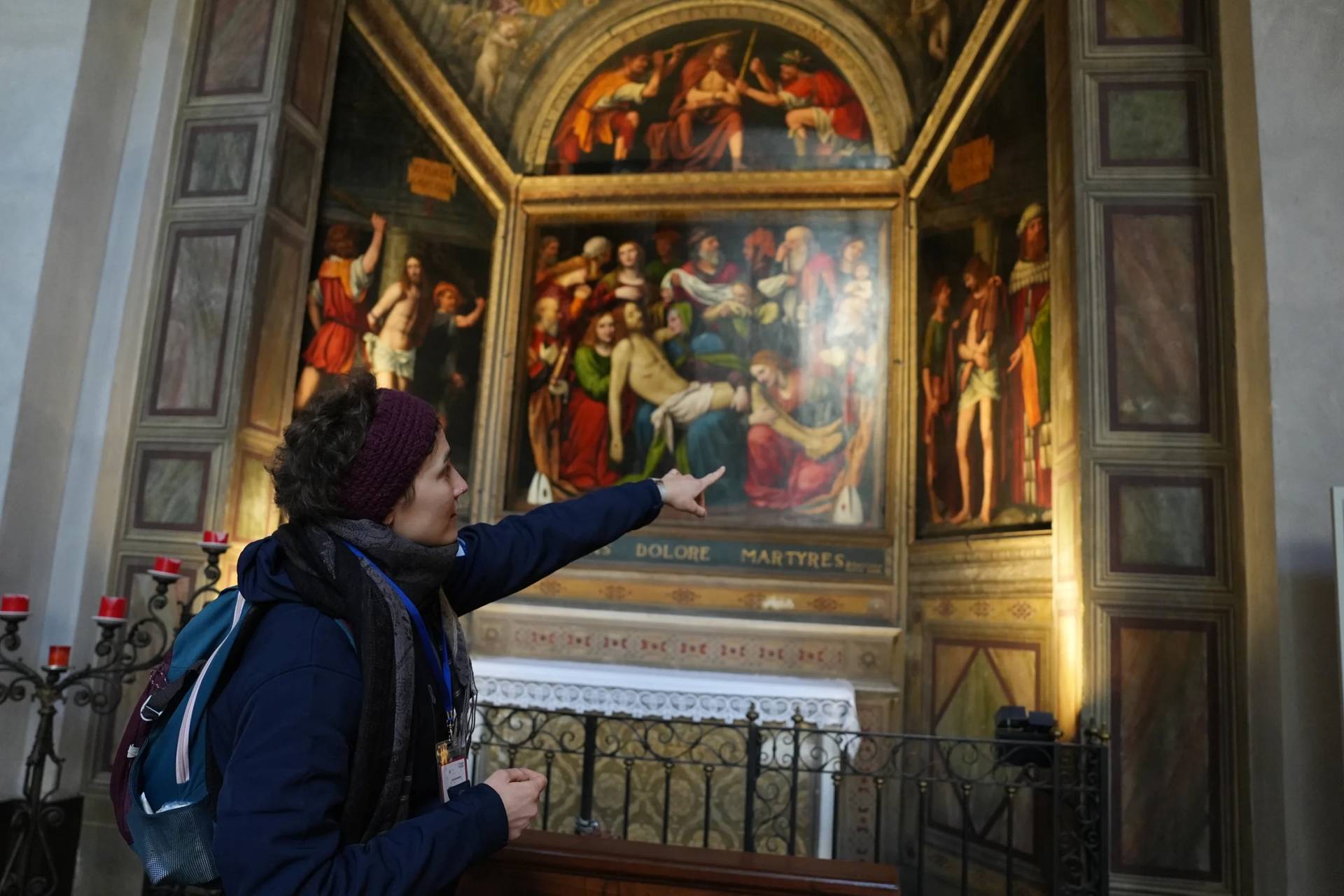ROME – In the second part of an interview with Reuters, the first part of which was published Monday, Pope Francis said he hopes the Vatican’s provisional agreement with China will be renewed, and believes it is the right choice in the long run.
Speaking to Reuters on Saturday, the pope said the Vatican’s deal with China, while not ideal, “is moving well and I hope that in October it can be renewed.”
In 2018, the Vatican made a historic two-year provisional agreement with China on the appointment of bishops. Although the terms of that deal were never made public, it is believed that the agreement allows the pope to have the final say on candidates for dioceses from a shortlist provided by the Chinese government.
As part of the terms of that deal, seven bishops who were previously excommunicated for being ordained without Rome’s permission, but who were approved by the government, were regularized and their sanctions lifted.
Although the full transcript of Saturday’s interview was not provided, according to Reuters, the pope defended the agreement as akin to the efforts made by both Popes John XXIII and Paul VI in the 1960s and 1970s to engage with Eastern European communist nations, at times making risky deals that came with significant concessions in order to protect the church during the Cold War.
“Diplomacy is like that,” the pope said. “When you face a blocked situation, you have to find the possible way, not the ideal way, out of it. Diplomacy is the art of the possible and of doing things to make the possible become a reality.”
In the Soviet era, “many people said so many things against John XXIII, against Paul VI, against Casaroli,” Francis said.
Italian Cardinal Agostino Casaroli, who served as the Vatican Secretary of State from 1979-1990, was at the time the chief architect of the Vatican’s policy of ostpolitik toward the communist eastern bloc.
Originally, ostpolitik was a term used to describe normalization of relations between East and West Germany. Later, it also came to mean efforts under Paul VI to engage Eastern European communist regimes through compromise and agreements with the aim of building on small gains over time.
Casaroli’s approach has been widely condemned by critics as being overly eager to compromise, yet it has also been praised by historians who argue that this soft tactic helped keep the church alive until the fall of the Berlin Wall in 1989.
In his interview, Pope Francis compared his engagement with China to the pre-1989 era in Europe, saying the 2018 agreement, which was renewed for an additional two years in 2020, “is going slowly, but they [Chinese bishops] are being appointed.”
So far, only six new bishops have been appointed in the nearly four years that the accord has been in place, prompting critics to argue that the Vatican is gaining little from the deal, which has made the situation worse for Catholics on the ground.
Cardinal Joseph Zen, the 90-year-old former bishop of Hong Kong, has been among the most vocal critics of the deal, and has at times accused top officials, including current Vatican Secretary of State Cardinal Pietro Parolin, of betraying the Christian faith and of lying to the pope.
Pope Francis, in the interview, said the Chinese “have their own problems because it is not the same situation in every region of the country,” and that the treatment of Catholics “also depends on local leaders.”
He voiced his confidence that the current deal is the right choice in the long run, calling the process “’the Chinese way,’ because the Chinese have that sense of time that nobody can rush them.”
Follow Elise Ann Allen on Twitter: @eliseannallen













